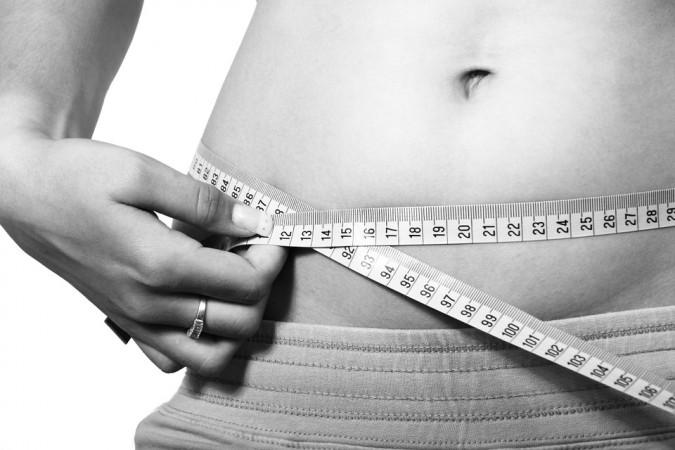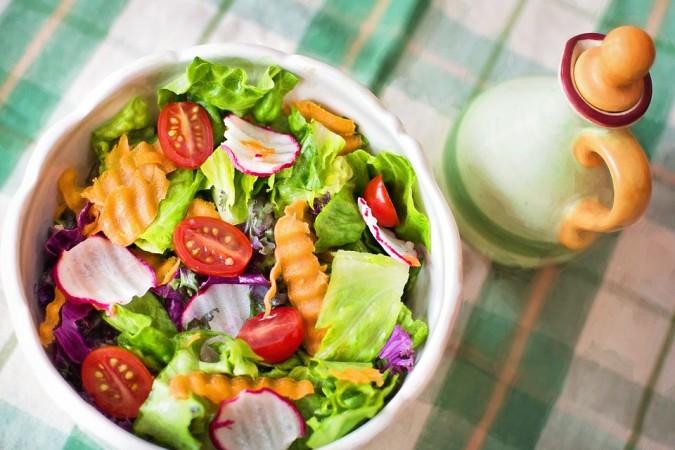
Losing weight can be a really difficult task and the right kind of diet is really important for achieving that. However, giving away on your favourite snacks is a tough thing to do. The best method is to munch something that's healthy. These snacks wouldn't exactly help you to shed weight but if it is included as part of a healthy weight-loss diet, it will control your hunger pangs and make you lose the extra pounds.
According to a study by the University of Warwick, for the first time, it was identified that the cells in the brain called tanycytes detect nutrients in food and help trigger feelings of satiety. Particularly some foods stimulate the tanycytes more than others.
Take a look at some of the foods that will you help you trigger feelings of satiety:
Avocados
Avocados are very rich in fat that is known as oleic acid which is an omega-9 fatty acid. It converts into a compound known as OEA (oleoylethanolamide). And, according to a recent study, increase in OEA, reduces hunger and decreases calorie intake at your next meal you have.
Daniele Piomelli, professor of anatomy and neurobiology, pharmacology and biological chemistry at the University of California told CNN: "OEA reduces appetite and lowers body weight in obese animals and possibly people...But obese people cannot make it, so it has to come from outside."
Apart from avocados, there are certain oils, olives, nuts and seeds that are sources of oleic acid. However, one needs to be careful about the portions of these high-fat foods.
Greek or Icelandic yoghurt
Greek and Icelandic yoghurts are different than normal yoghurt. There are much richer in protein and way thicker and creamier. It makes it one of the best snacks for curbing appetite.
According to researchers, protein is even more satiating than fat or carbohydrates. Therefore, it can be of help in appetite control and weight loss.
So, you can have other foods that pack protein include cottage cheese, milk, eggs, fish, lean poultry and meats, peanut butter, lentils, and soybeans.

Soup
When you have soup as an appetizer, it decreases hunger and in turn reduces the total calorie intake in the entire meal. According to a research, no matter which form of soup was taken before a meal, it showed that the individuals consumed 20 percent lesser calories than what they generally do when skipping soup.
The best part of having a soup is that it has high water content and low-calorie density.
Spinach
Spinach is a source of thylakoids and research suggests that it helps to curb the appetite. According to a study, it was found that when individuals eat a fat meal with thylakoids, the levels of their satiety hormone CCK increases, along with leptin levels the signals to 'stop' eating and decreases levels of ghrelin that stimulates appetite.

Vegetable salad
Eating a salad before a meal works the very same way like the soup does. According to a study, when people eat a large portion of a low-calorie salad, they get more satiated and their calorie intake lowers for the entire meal compared to when they skip the salad.
Flaxseed
Flaxseed contains omega-3 fats and fibre, both of which are natural appetite suppressants. According to a study, when individuals consume flaxseed fibre in the form of a drink or as a tablet after an overnight fast, it suppresses the appetite significantly and also reduces calorie intake during the meals later taken in the day.
Red chilli peppers
Red chilli peppers have capsaicin that gives them the 'hot' sensation. The burning sensation keeps the calories in check. According to a research, capsaicin helps in curbing hunger pangs.
According to CNN, Mary-Jon Ludy, associate professor of clinical nutrition at Bowling Green State University says: "Spicy red peppers turn on receptors in our mouths that cause us to feel the burn. This gives a 'kick' to the system that triggers our bodies' fight-or-flight response."

















